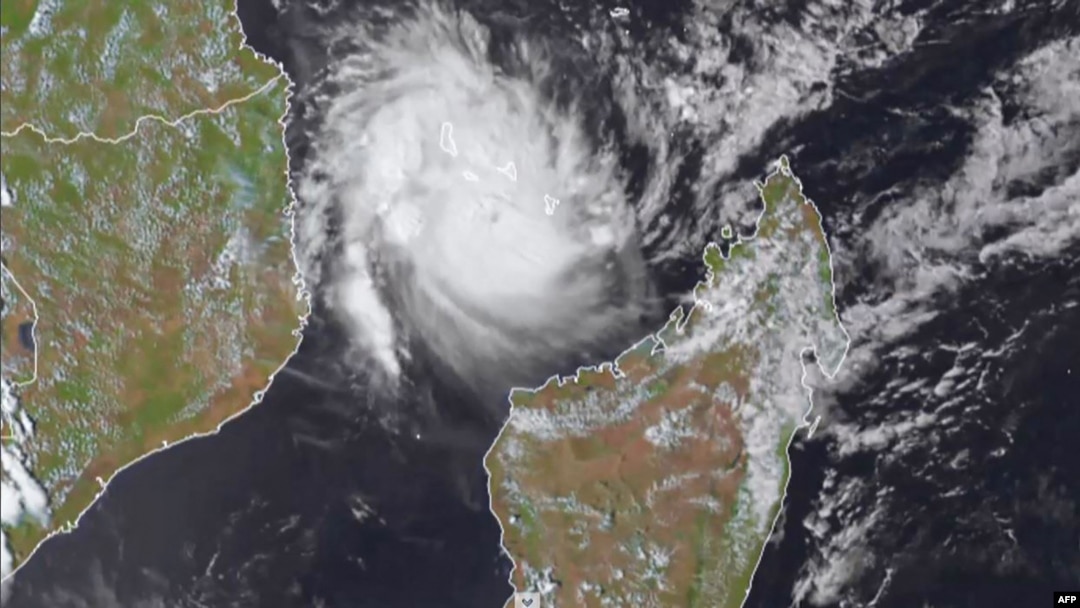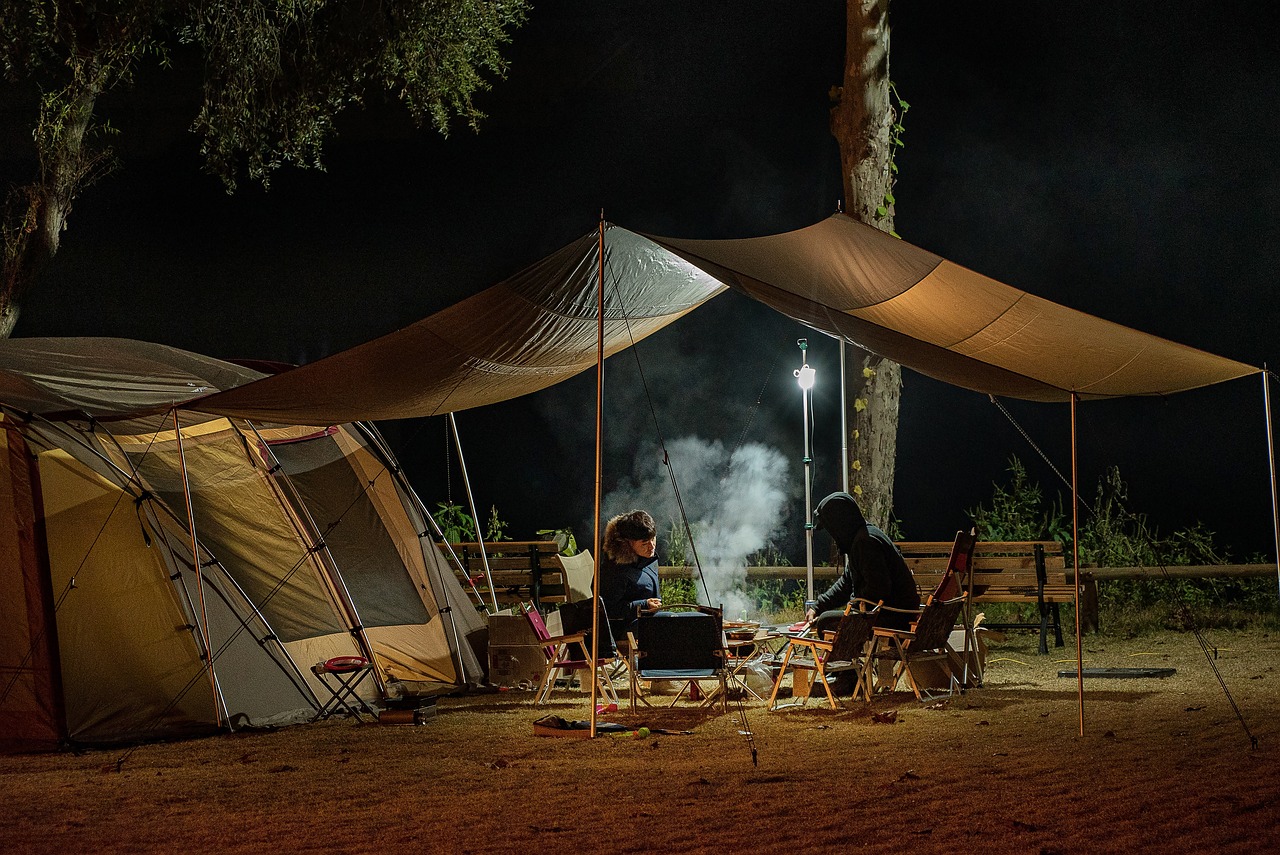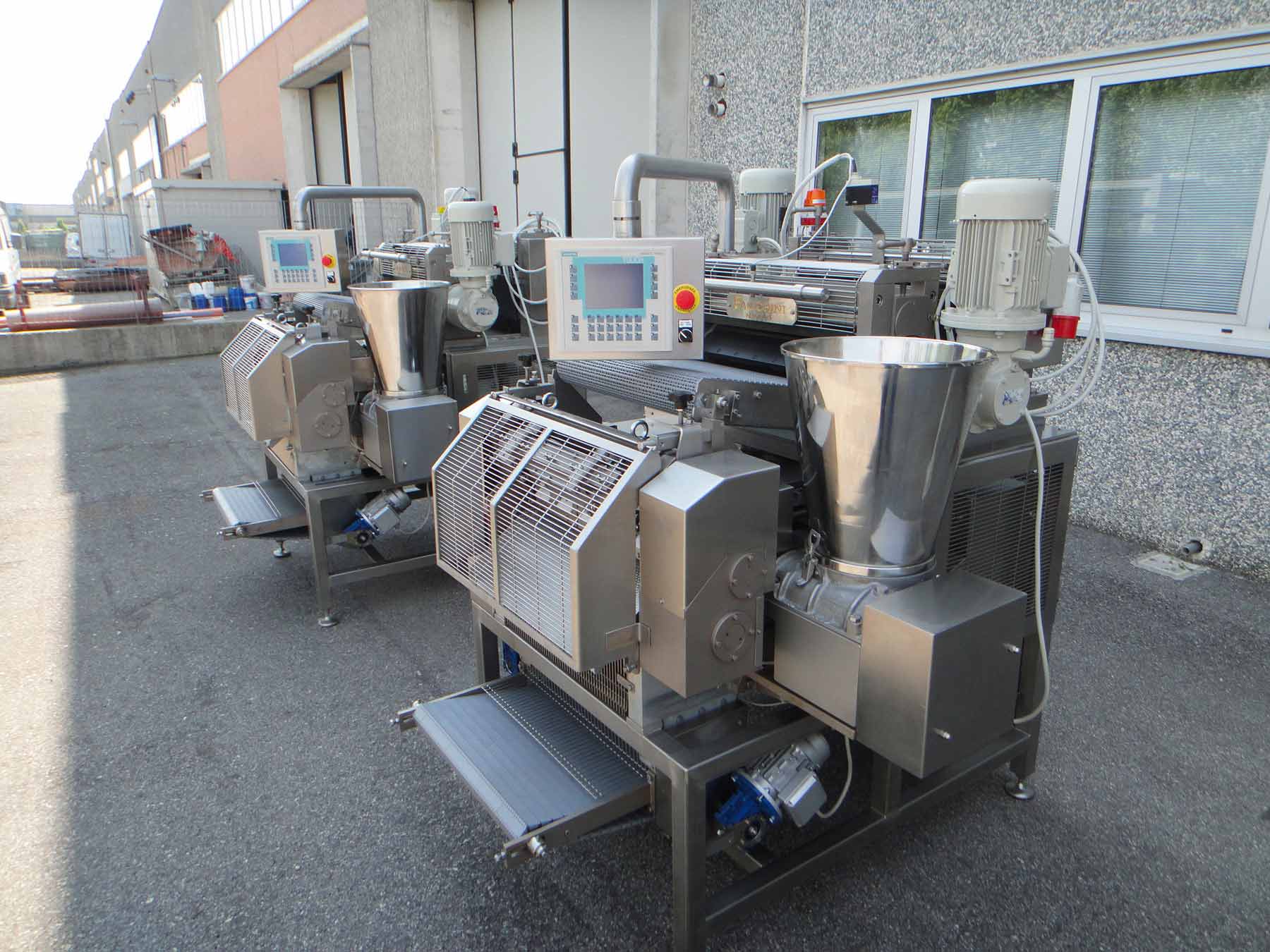Tropical Cyclone Chido has left a path of destruction across southeastern Africa, severely impacting Mozambique, Comoros, Malawi, and parts of Madagascar. In response, a global emergency effort is underway to deliver life-saving aid and help communities recover. International organizations, national governments, and humanitarian agencies have mobilized rapidly to provide food, shelter, sanitation, and health services to thousands of affected individuals.
What Is the Impact of Cyclone Chido?
Cyclone Chido made landfall with intense winds and heavy rainfall, causing widespread flooding, infrastructure damage, and displacements. In Mozambique, many communities have been cut off from basic services. In Comoros, the storm overwhelmed already fragile systems, while Malawi faces secondary effects like crop loss and rising food insecurity.
Thousands have been displaced, many homes have been destroyed, and schools and health centers have suffered damage. The United Nations and humanitarian groups estimate that the cyclone has affected tens of thousands of people across all impacted countries.
Which Organizations Are Leading the Response?
IFRC Launches Emergency Appeal
The International Federation of Red Cross and Red Crescent Societies (IFRC) has launched an Emergency Appeal to assist national societies in Mozambique, Malawi, Comoros, and Madagascar. Their teams are distributing essential household items, providing emergency shelter materials, and offering cash assistance to help families purchase urgent supplies.
Additionally, the IFRC is working on strengthening community preparedness to minimize risks in future storm events. This includes training volunteers, improving communication systems, and pre-positioning supplies.
UNHCR Steps in for Displaced Families
The United Nations Refugee Agency (UNHCR) has been active on the ground, particularly in Mozambique. Over 2,600 people have been provided emergency shelter and non-food essentials such as blankets and sleeping mats in Pemba, one of the worst-hit cities. UNHCR is also assessing protection needs for vulnerable populations, including women and children.
WFP Delivers Food Aid and Transport Logistics
The World Food Programme (WFP) is playing a critical role in food distribution and logistics. Their operations are focused on reaching remote regions that have become isolated due to floodwaters and infrastructure damage. WFP has deployed specialized vehicles to transport food supplies and is working with local partners to coordinate distributions efficiently.
OCHA Provides Coordination and Updates
The UN Office for the Coordination of Humanitarian Affairs (OCHA) has been releasing situational reports and Flash Updates to keep the global community informed. Their data is essential for identifying gaps in aid and improving targeting of the most affected communities.
IsraAID Supports Sanitation Access
IsraAID, an international humanitarian NGO, has responded by distributing hygiene kits and improving access to clean water and sanitation in parts of Mozambique. This support is vital in preventing disease outbreaks in temporary shelters and crowded accommodation centers.
ADRA and CARE International Aid Through U.S. Government Grants
Both ADRA and CARE International are leveraging grants from the U.S. government to implement emergency projects focused on shelter, water, and sanitation in Mozambique. These organizations are using local partnerships to ensure fast and culturally appropriate aid delivery.
What Role Are Governments Playing?
Mozambique’s Coordinated National Response
The Mozambican government has been working closely with humanitarian actors to coordinate disaster relief. Early warning systems and evacuation protocols helped save lives ahead of landfall. Authorities are also facilitating access for international aid workers and ensuring emergency shelters are operational.
Comoros Responds with World Bank Support
In Comoros, the national government, backed by the World Bank, has been quick to mobilize emergency relief. Temporary shelters, food distribution points, and water supply stations have been established in affected communities.
USAID Funds Emergency Relief in Mozambique
The United States Agency for International Development (USAID) is providing direct funding to multiple aid agencies in Mozambique. This funding is being used to procure emergency relief materials, support search and rescue missions, and reinforce temporary shelters.
What Are the Core Relief Activities?
Food, Shelter & Basic Necessities
Emergency relief teams are distributing food packages, blankets, sleeping mats, mosquito nets, and cooking supplies. These items are being delivered both in urban centers and rural districts.
Establishing Temporary Accommodation Centers
Accommodation centers have been set up for displaced populations. These shelters are equipped with basic facilities and are designed to provide safety and stability as communities begin to rebuild.
Search and Rescue Operations
Local and international teams have collaborated in search and rescue efforts. The Red Cross, alongside national emergency units, has been leading the retrieval of people trapped in flooded or damaged areas.
WASH Assistance
WASH—Water, Sanitation, and Hygiene—is a major focus, especially in Mozambique and Comoros. Hygiene kits, portable toilets, handwashing stations, and clean drinking water systems are being installed in high-risk areas to reduce the spread of disease.
Medical Services
Medical care has been disrupted in several regions, so health teams are setting up mobile clinics and emergency health posts. These facilities treat cyclone-related injuries and illnesses, including waterborne diseases.
Livelihood Restoration
Recovery efforts also include support for livelihoods. Farmers are receiving tools and seeds to restore agriculture. Fishing communities are being assisted with nets and boats to restart their work.
The Road Ahead
Although immediate needs are being met, the long-term recovery process will take months. Damaged infrastructure, lost livelihoods, and displacement have created complex humanitarian needs. International aid will need to remain flexible and sustained as new challenges emerge.
Aid agencies are urging donors and governments to maintain support, as climate-driven disasters like Cyclone Chido become increasingly frequent in the region.
By acting swiftly and collaboratively, the global community is helping the people of Mozambique, Comoros, and Malawi move toward recovery and resilience.










